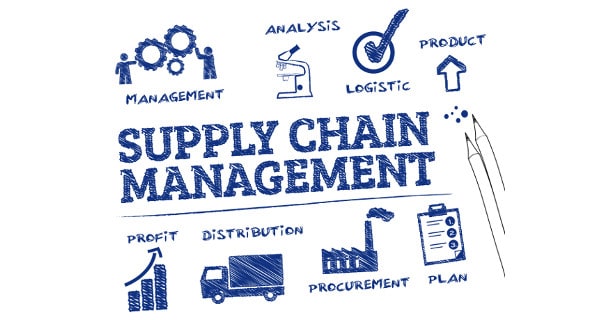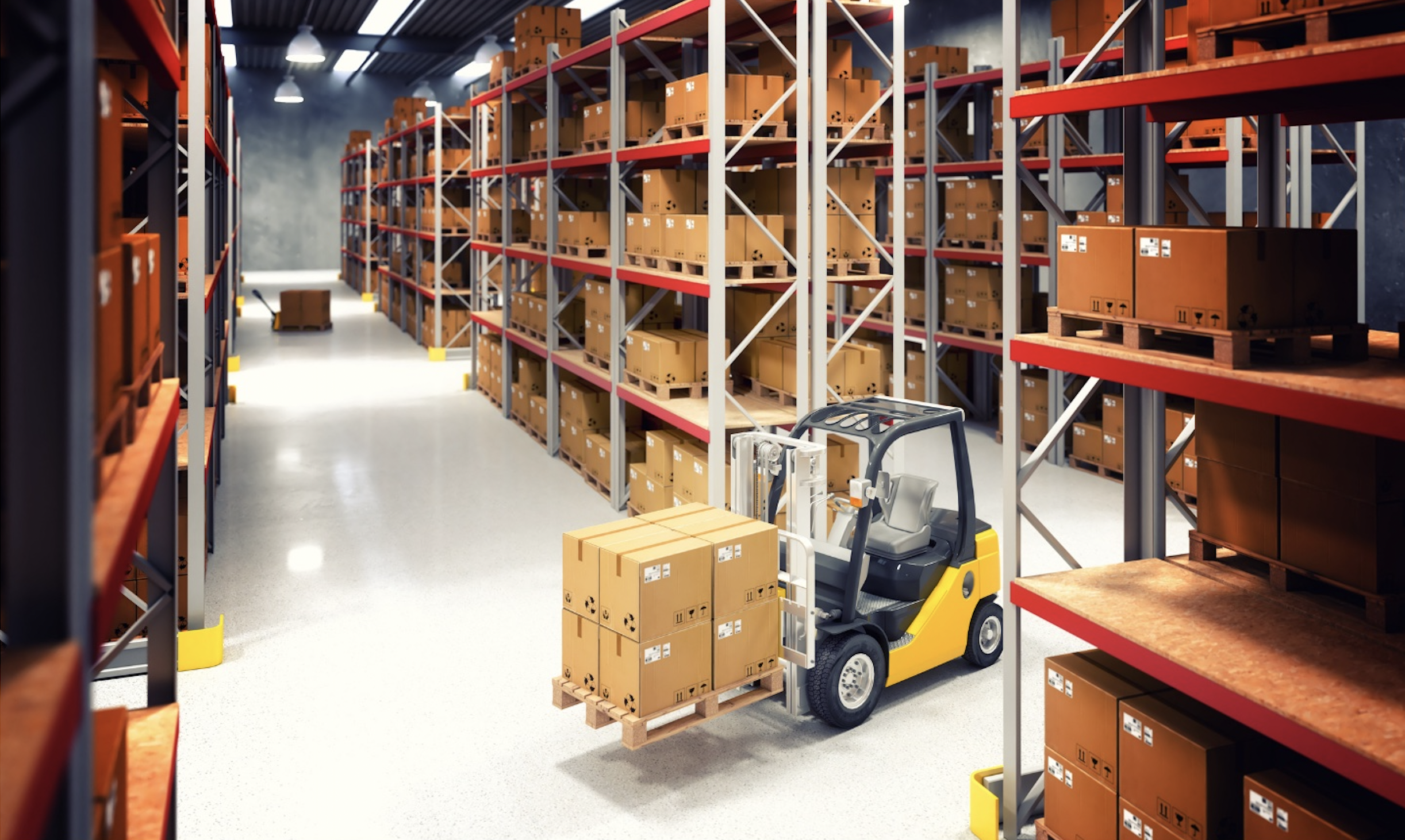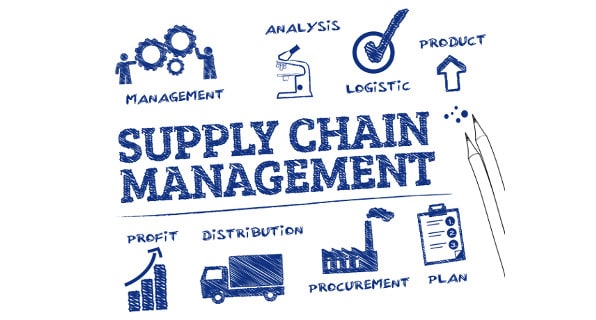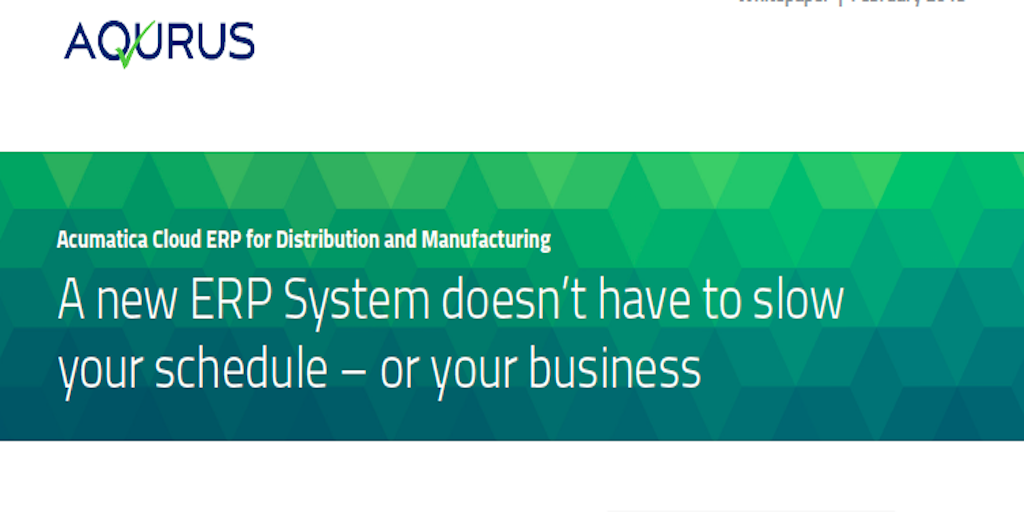
What You Need to Know
Cloud-Base SCM (Supply Chain Management) is the New Reality
By now, you’ve almost certainly heard of “the cloud“, but have you heard of cloud-based SCM?
What once was a foreign, and slightly intimidating, concept is now a common household term.
And with good reason. It’s difficult to understate the effects the cloud has had on businesses of all types.
Many people think the cloud is simply an off-location server that hosts data, but that’s only the tip of the iceberg.
Many IT staffers appreciate that their company’s information is stored somewhere safe and secure, and that led early adopters to jump in.
Cloud integration has evolved exponentially in the past several years, though, and companies rely on it to do more than simply store data.
From predictive analysis to opening up lines of communication and increasing collaboration between departments, cloud integration has helped companies save millions of dollars, improve efficiency, eliminate the opportunity for human errors, and grow their market share.
But some industries have been slow to adopt cloud technology.
For a while, supply chain managers could ignore those in high tech who claimed the cloud would change business forever.
But with more recent advances in this technology, the supply chain and logistics managers who have embraced enterprise resource planning (ERP) through cloud integration have given their organizations a huge advantage over their competition.
Here are some of the ways they are using the cloud to set themselves apart:
Inventory
Tracking inventory isn’t terribly complicated when your business is small and everything is in one place. But if you’ve got multiple warehouses or your supply is stocked somewhere away from HQ, it’s more difficult to see what’s coming in and what’s going out.
A cloud-based Supply Chain Management solution means you can track inventory in multiple locations from anywhere. That means you can quickly make adjustments or orders as necessary, or move product from a location that has too much to another that doesn’t have enough. This increases efficiency and on-time orders, and decreases the likelihood of obsolete or expired parts.
Pricing
Many factors can affect the price of the goods you bring in as well as the products you sell: seasonal fluctuations, supply and demand conditions, the weather.
Very few of those factors are in our control, and worse, they are extremely difficult to track and predict manually.
Cloud-based software allows you to track patterns and easily see how these conditions can impact your bottom line.
That awareness enables you to quickly make pricing adjustments when necessary, keeping costs and revenue in balance.
Pattern recognition/Predictive analysis/improved efficiency
So much of manufacturing and distribution is repetitive.
For example, orders need to be placed on a regular basis, and shipping is mostly done the same way each time.
Though in many organizations, these processes are still done manually, requiring staff time and intelligence, and increasing the possibility of human error.
A cloud-based SCM system not only automates many of these processes, but it can also make predictions or recommendations based on inventory, shipping times, customer trends, and supplier consistency.
This takes much of the guess work out of logistics management, thereby decreasing human error.
Synchronization
Companies that assemble products from different components often get those parts from multiple sources.
And sometimes those individual components go into more than one product assembly.
If you’re managing your stock with spreadsheets or simple databases, it’s difficult to see how those details overlap and come together.
But cloud-based SCM software can crunch that data for you and alert you when assembly production could be affected by low component inventory.
This can prevent potential dissatisfiers like back orders or delays in shipment, leading to an improved customer experience, repeat business, and, ultimately, greater revenue.
Real-time information
One of the biggest benefits of cloud integration is on-demand access to accurate data.
You don’t have to wonder if the data you need has been updated recently, or if there are multiple versions of a spreadsheet that might conflict each other.
When your data lives in a cloud-based SCM system, it is updated immediately and accurately, leaving less room for human error or missed counts.
This up-to-the-second business intelligence allows greater agility and quicker reaction time when there are issues to deal with or opportunities to jump on.
Organization-wide intelligence
Supply chain management is often left to one person or a small team, which means the entire organization looks to those few people for information about orders, timing, performance, and challenges.
But when your information is cloud-based, you can give access to multiple team members and departments.
This creates communication channels between teams that often struggle to keep each other informed, let alone collaborate.
With cloud integration, finance, executives, AP, customer service, sales, and supply chain managers are all on the same page.
Information can be obtained by anyone, at any time, allowing them to make both quick decisions and long-term forecasts, as well as opportunities for improved efficiencies throughout the organization.
Mobile Access
An SCM solution that is cloud based also supports mobile technology.
Having access to real-time information about all links in your supply chain from your mobile device provides flexibility and quicker reaction times.
Many manufacturers operate around the clock, but rarely do decision makers stick around the office for every shift.
If a last-minute order needs to be placed, or inventory needs to be moved around, the ability to do it from a mobile device means fewer manufacturing interruptions and happier customers.
Conclusion
If your business is expanding, or has surpassed the point where spreadsheets and manually operated databases can’t keep up with what you’re trying to accomplish, it might be time to consider a cloud-based SCM solution.
An investment now will pay dividends down the road in streamlined operations, happier employees and customers, cost savings, new market opportunities, and increased revenue.
Learn 4 Reasons Companies Choose Acumatica

Wholesale Distribution ERP Software Checklist
Download this Checklist for Evaluating Distribution ERP Solutions In the past, distributors had limited options for ERP solutions. The choices were:...

Is Acumatica Distribution Management Right for Your Business?
Are you looking into distribution management solutions for your business and becoming overwhelmed with all the options and the task of...

 Murray Quibell
Murray Quibell

